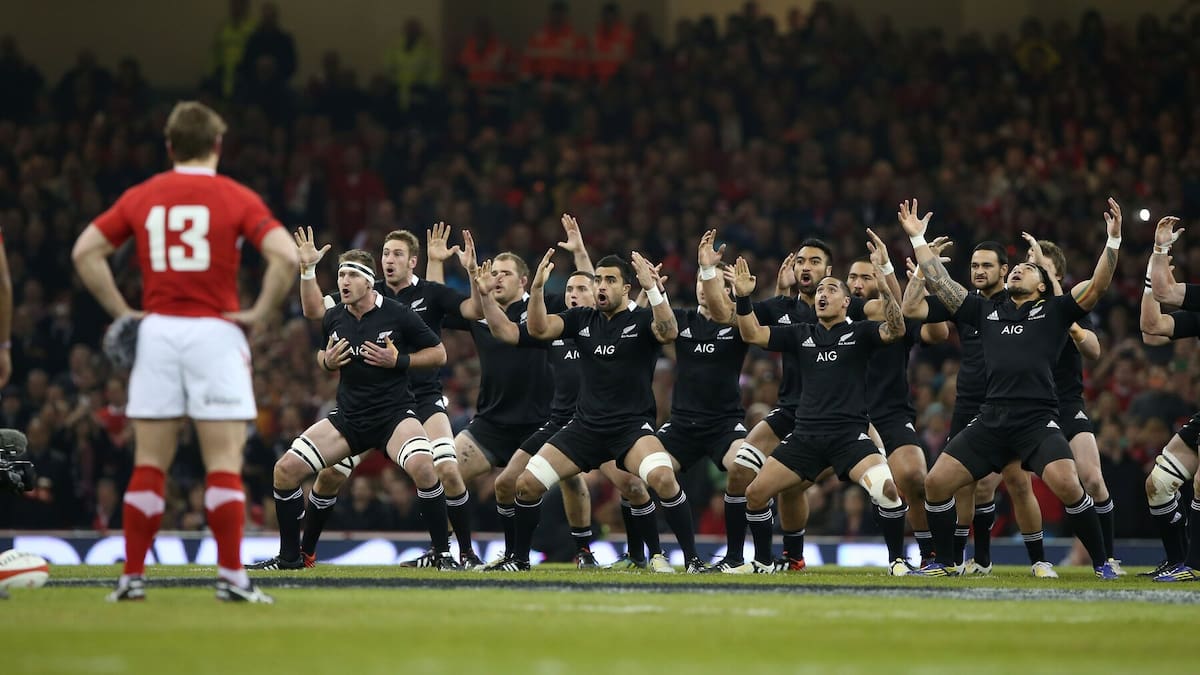Probably the biggest clue to the mindset of Scott Robertson and his coaching group comes with the selection of Ruben Love at fullback, with Damian McKenzie starting at first five-eighths. If they had decided to damn the torpedoes, we might have seen Love starting in the No 10 jersey. The midfield certainly has a conservative look about it, with Anton Lienert-Brown teaming up with Rieko Ioane.
The Welsh test, whatever the result, can’t rewrite history, but a dynamic victory would certainly make it easier for the current coaching group to argue in their end-of-year NZ Rugby review that they are on track to produce a better 2026, and, hopefully, present a genuine challenge at the 2027 World Cup.
The public glare
Has this been the most brutal public criticism of an All Blacks coach?
Not even close. It won’t be much consolation to the current coaching group, but when Graham Henry didn’t resign his coaching position after the All Blacks lost the 2007 World Cup quarter-final to France he wasn’t just slated by online fans.
Former All Blacks captain Buck Shelford shared his thoughts. “Ego is starting to control the affairs of Graham Henry. The World Cup was a disaster. It’s time to move on. We need a change.”
Another former captain, Ian Kirkpatrick, was equally blunt. “Maybe if he [Henry] said ‘I stuffed up’ I’d back him. But he didn’t.”
Laurie Mains, coach of the 1995 World Cup All Blacks, said: “I am still amazed that Graham Henry has not resigned. It’s quite unbelievable.”
Henry, with assistants Steve Hansen and Wayne Smith, would be reappointed by the NZRU, and went on to coach the 2011 Cup-winning team. Henry wasn’t altogether joking later when he’d suggest in after-dinner speeches that if the 2011 final with France had been lost he would have had to go and live in Brazil.
Death of a dragon
Wales has a population of only 3.1 million people. For most of my life, I believed that every man, woman and child in the country was obsessed with rugby. I now realise I was wrong. Slightly more people play football in Wales than play rugby, and the strength of the game had largely been limited to the southwest. In the working-class north, football has always ruled.
Rugby is in dire straits there. Once there were eight premier clubs in Wales. Now there are three. The Welsh Rugby Union’s new director of rugby, Dave Reddin, an Englishman, has said it only has the money, and players, for two professional men’s teams.
He has, wrote Elgan Alderman in The Times, “a talent for talking about processes and designing pathways”.
“His plans to reshape the Welsh youth system are impressive. It is less clear that he can handle the politics. ‘Frankly,’ Reddin has said, ‘I don’t care who beat the All Blacks 40 years ago.’ There are tens of thousands of Welsh fans who do and Reddin’s remark made enemies of plenty of them.”
Kiwis concerned about the state of the game here should possibly thank their lucky stars that we’re not Wales.
Calmed down
A side-effect of the demise of Wales as a force in rugby has been what has sometimes been a crazy fringe of supporters basically calming down.
How over the top could they be? All Blacks loosie Mike Brewer recalls an encounter on the 1989 tour.
“We were walking down a street in Cardiff and a kid, about 10 years old, said, ‘Hey, you’re the All Blacks’. We thought he wanted an autograph. Then he spat at our feet.”
During the 1978 Grand Slam tour, after the game with Bridgend, All Blacks manager Russell Thomas experienced one of the strangest expressions of Welsh venom ever. “After that game,” Thomas once told me, “I was assaulted in the stand by about four men, who got around me, and tried to strangle me with my scarf. The people who assaulted me were never caught. At that time, the intensity between New Zealand and Wales was too much.”
By the time of the 2005 Grand Slam All Blacks tour, things had changed. Dropping me at the Millennium Stadium in Cardiff for the opening game of the tour, the local taxi driver, with a melancholy that matched the grey and the rain, asked, “Here to see our boys ‘umiliated again, are you?” (And they were, beaten 41-3.)
Phil Gifford is a Contributing Sports Writer for NZME. He is one of the most-respected voices in New Zealand sports journalism.






